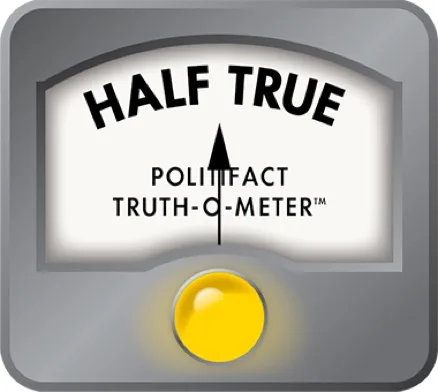
Biden: Medicare drug price talks to cut deficit by $160B in future
TL/DR –
President Biden has claimed that legislation he signed, the Inflation Reduction Act, has saved the federal government $160 billion by giving Medicare the power to negotiate lower prescription drug prices. However, these savings have not yet been realized, with the Congressional Budget Office projecting 10-year cumulative savings of $161.7 billion from two provisions of the act. Meanwhile, savings for seniors on prescription drugs have not yet occurred as the federal government is currently negotiating the first 10 drugs, with new prices set to take effect in 2026.
President Biden Promotes Prescription Drug Cost Savings in Re-election Campaign
President Joe Biden is leveraging his impact on Americans’ wallets, particularly with regards to prescription costs, as part of his re-election bid. He highlighted during his State of the Union address that he has empowered Medicare to negotiate lower drug prices, a legislative move expected to save billions and reduce the federal deficit.
This reference is to the Inflation Reduction Act, enacted in 2022, which Biden claims has reduced the deficit by $160 billion. “Not only are seniors and taxpayers saving money, but Medicare isn’t paying exorbitant prices to Big Pharma anymore,” stated Biden.
Biden’s statement aligns with popular public sentiment. A KFF poll reveals that the majority of Americans, regardless of political affiliation, support Medicare’s ability to negotiate drug prices.
The Inflation Reduction Act, passed in 2022, allows the government to negotiate drug prices for Medicare. It’s a promise Biden kept, repealing the law that previously barred Medicare from such negotiations. The act’s first impact, the negotiation of lower prices for 10 expensive drugs, was announced in August.
The Congressional Budget Office (CBO) estimates the act will save $161.7 billion over 10 years. However, $44.3 billion will go towards provisions that increase access and lower costs for Medicare recipients.
The negotiated prices concern 10 brand-name drugs lacking generic equivalents, including best-sellers like Eliquis, Xarelto, Januvia, and Enbrel. However, these negotiated prices won’t be in effect until 2026, with more drugs added to the list in subsequent years.
The CBO projects nearly $100 billion in federal savings from these negotiated prices between 2026 and 2031.
While critics argue that these savings are projected and not yet realized, other provisions like capped Part D spending and a $35 per month insulin cap have already led to savings for seniors. Nevertheless, the full impact of the Inflation Reduction Act on prescription drug costs will only be seen in the coming years.
Regarding Biden’s claim of reducing the federal deficit by $160 billion, it should be noted that this is an estimated 10-year savings figure. While the initial steps have been taken to reduce the cost of prescription drugs, the full savings are yet to materialize.
RELATED: Fact-checking Joe Biden’s 2024 State of the Union address
RELATED: The US pays double for prescriptions compared with other countries, as Biden says
RELATED: Fact-checking Joe Biden on inflation, the deficit and consumer confidence in the State of the Union
—
Read More US Economic News
